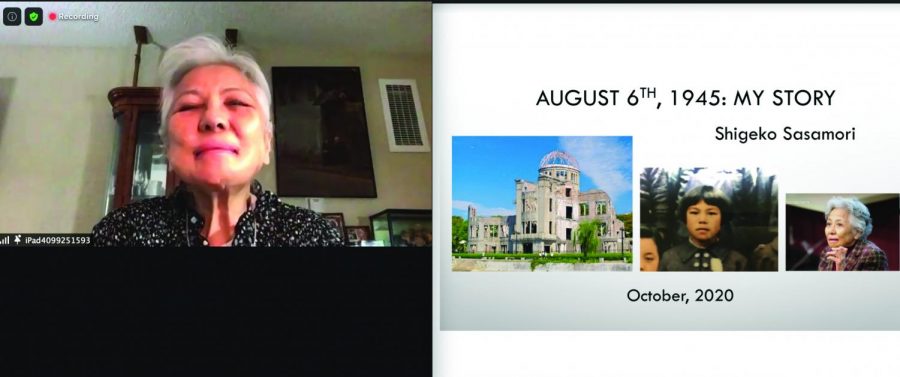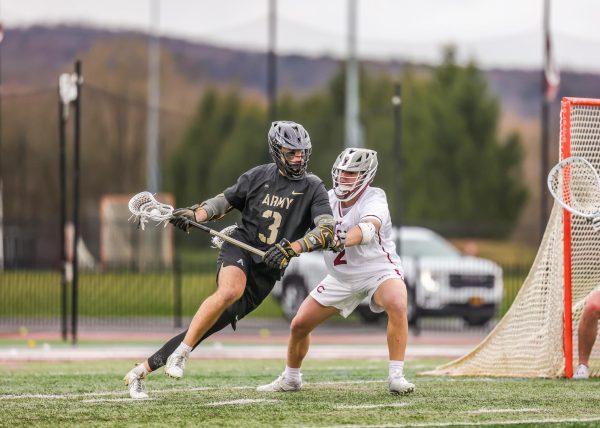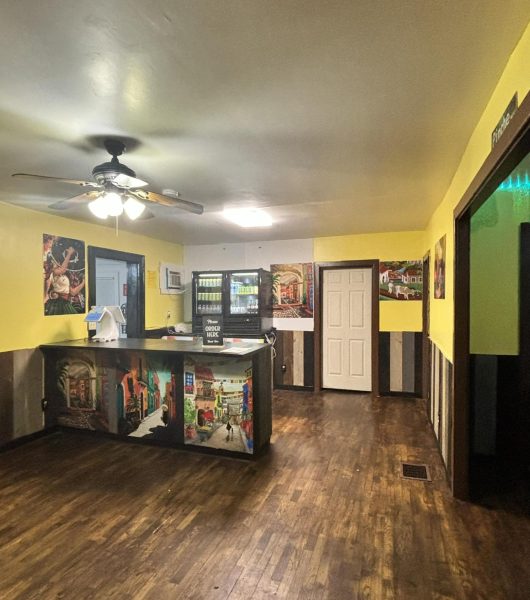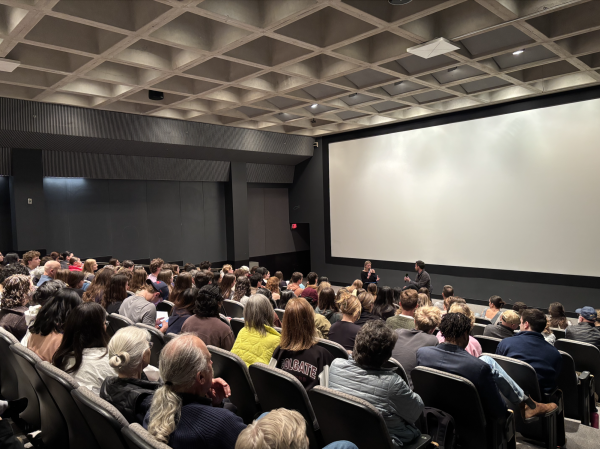Students Speak With Hiroshima Atomic Bomb Survivor
Hiroshima bombing survivor Shigeko Sasamori recounted her life from six months before the dropping of the Hiroshima bomb up until the present in a lecture sponsored by the Colgate University Core Communities and Identities, Peace and Conflict Studies and Asian Studies on Friday, Oct. 23.
At only 13-years-old, Sasamori experienced the bombing two miles away from the hypocenter and spent the following five days separated from her parents after she traveled to and then rested in an elementary school.
“At the time, I didn’t feel anything. I didn’t hear anything. The only thing in my mind was [that a] firebomb came down near us,” Sasamori said. “Then all a sudden my ear opened. I heard the baby screaming. I still remember, I never forget the mother tried to nurse the baby… baby hurt, mother hurt. Everybody hurt somewhere.”
Sasamori’s mother eventually discovered her laid out in the elementary auditorium. Her mother didn’t recognize her initially because she was severely burned. Sasamori then spent several months recovering in her bed under the care of her family. She later underwent reconstructive surgeries in Tokyo before traveling to the United States as a Hiroshima Maiden, a term used to describe 25 women who went through highly-publicized reconstructive surgeries in the U.S.
“I saw many medias and many people who are going to take care of us,” Sasamori said. “They treat me very wonderful, just like I’m their own daughter.”
Sasamori also spoke of her life following her reconstructive surgeries. In 1959, she became a nurse and then eventually had a son in Los Angeles, where she still resides today. She described her strong anti-war sentiments from her experience in Hiroshima. In her discussion about her son, Sasamori recounted the passionate words she told him on the day of his birth.
“I will never let you go to the war. You are not coming to this earth to kill other people and to kill yourself,” Sasamori said. “You came to me to make me happy, to make people happy.”
Freshman Catie Mooney, who attended the lecture as part of her First-year Seminar (FSEM) Anthropology of the Anthropocene reflected on her impression of Sasamori’s story.
“I hope in the future I’ll be able to see a part of her story. My takeaway would be that, while we are not responsible for the atrocities our country [the United States] has committed, we are responsible for learning from them and doing better in the future,” Mooney said.
An evaluative survey was sent out to students following the discussion by the professors who organized the event. Visiting Assistant Professor of East Asian languages and literatures Aleksandr Skylar, who helped organize the event, reported that all of the results from the survey as of Saturday afternoon reflected that the students felt like they were able to effectively engage with her story as a personal and live representation of a historical narrative that is typically shown in an abstract way.
“One of the questions in my research is the power and importance of testimonials, and it feels like it gets played down a lot in a media-saturated environment,” Skylar said. “Yesterday’s event helped answer that affirmatively; that it [personal testimony] is valuable, it is important… I feel reassured and inspired that these kinds of efforts are worthwhile and effective and meaningful, even in online education.”
Sasamori has also been featured in previous lectures at the University of Pennsylvania and Winona State University, the book Memories of War 001: Shigeko Sasamori by Yohei Hayakawa and the HBO documentary White Light/ Black Rain: the Destruction of Hiroshima and Nagasaki directed by Steven Okazaki.
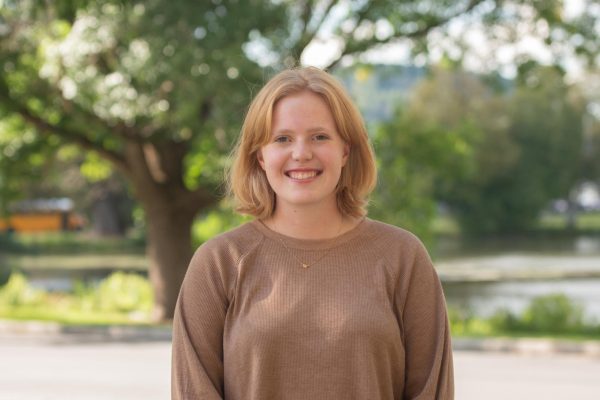
Elli Ament is a senior from Littleton, CO concentrating in history with a focus on cultural history and media. She has previously served as a Commentary...


